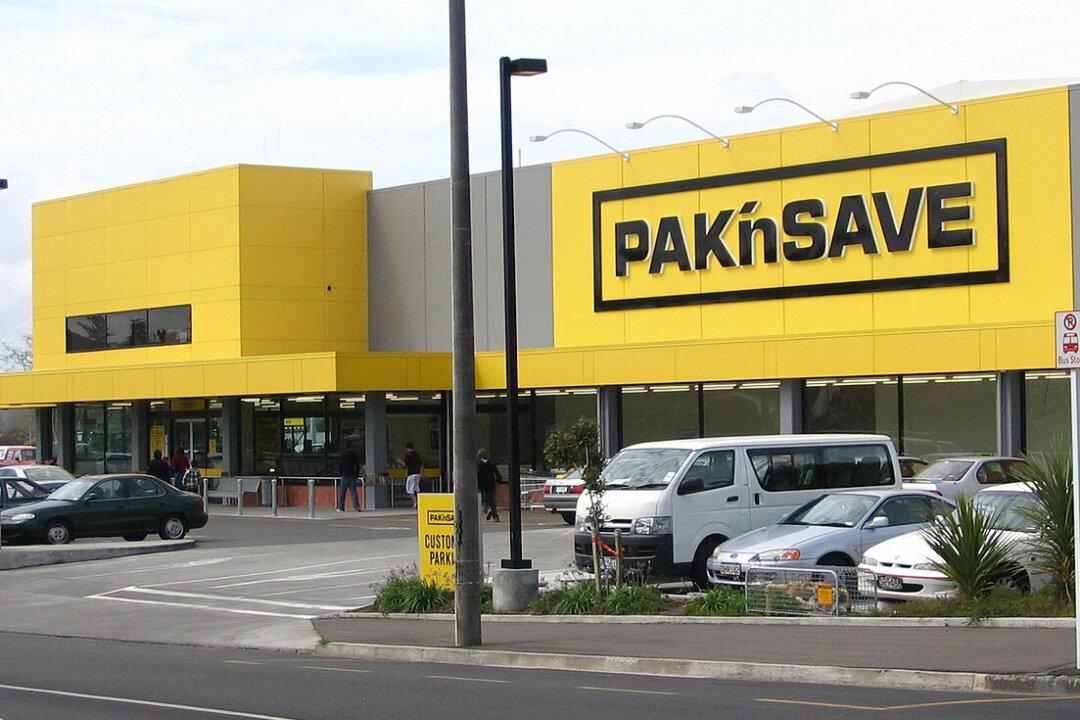Foodstuffs, the grocery conglomerate that owns the Pak'nSave, New World, and Four Square grocery chains—along with Liquorland and wholesale supplier Gilmours—has been denied permission to merge its North and South Island operations in New Zealand.
The Commerce Commission turned down the application because it would “result in a permanent structural change to the New Zealand grocery industry,” according to the Commission’s Chairman, John Small. The Commission expressed concerns about reduced competition and negative impacts on consumers.





